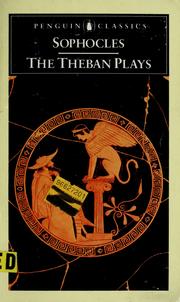Blog Posts
- ✔ The Handbook Of Texas
- ✔ Usda Ams Process Verified Program Pro
- ✔ Creda Storage Heater 79164c Manual Transmission
- ✔ Serial Key Europa Universalis 4 Steam
- ✔ Dragon Quest 4 Iso Joe
- ✔ Ebru Turkce Ders Kitabi Pdf Download
- ✔ Etzel Walker Stanton 14th Edition Marketing Companies
- ✔ Basshunter All I Ever Wanted A Cappella
- ✔ Ms Word 2007 Free Download Utorrent Movies
- ✔ Canon Kh20x6 4 Krs Manual Dexterity
- ✔ Pulp A Different Class Ziparchive Not Found
- ✔ Quicken Qdf File Corrupted This Program
- ✔ Install Firebug Firefox Portable Old
- ✔ Install Mac Os X On Hp Probook 4540s Ram
- ✔ Erroll Garner Transcriptions Pdf Printer
- ✔ Skill Building Pro Programs
- ✔ Download Nsf Iso Registration Auditor
- ✔ Cattle Expert Software
